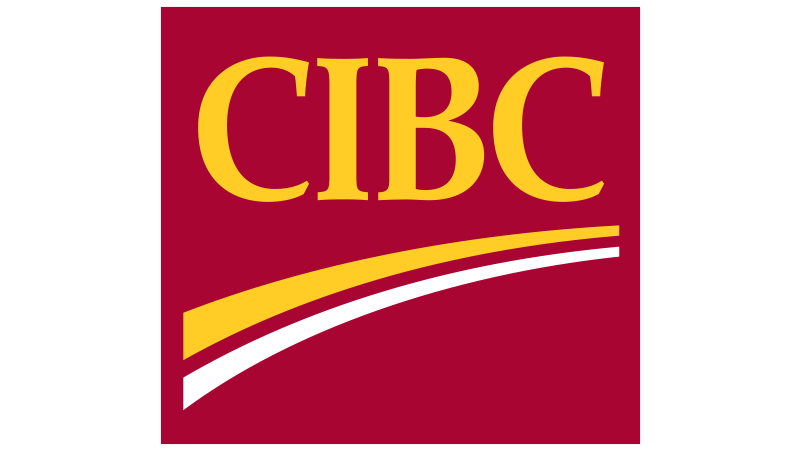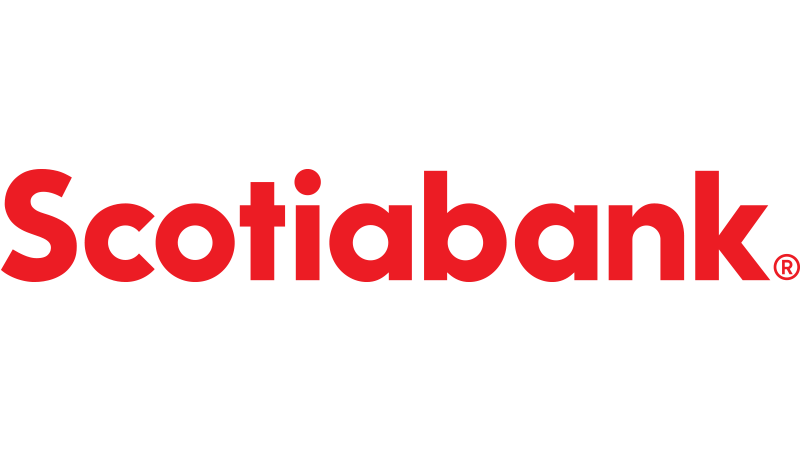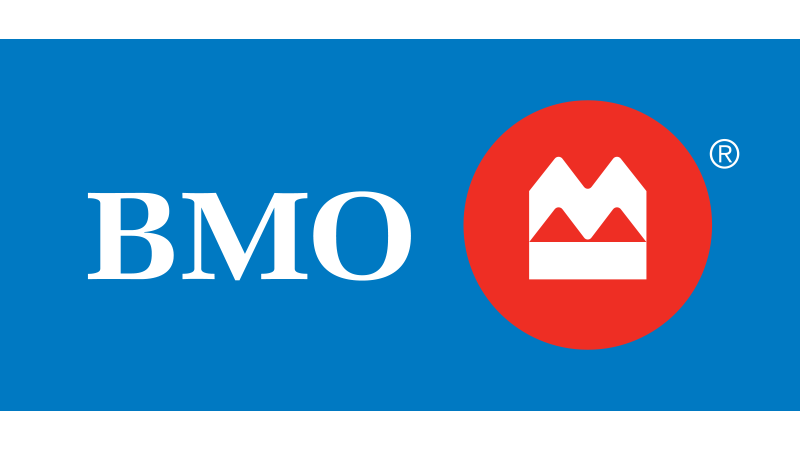Embracing change: How NFPs evolved their brands during COVID-19

For many industries, the impact of COVID-19 was swift and dramatic. With this upheaval came innovation, accelerated transformation and the urgent need for adaptation. This shift has been particularly well reflected in the NFP space.
Members of the Brand Council spoke with leaders from the Art Gallery of Ontario (AGO), Hamilton Health Sciences Foundation and the Heart and Stroke Foundation to learn how these organizations were able to evolve and stay relevant throughout the first wave of COVID. For these entities, resilience was predicated on three strategies:
- Finding new ways of managing donations,
- Accelerating digital transformation, and
- Using innovation to engage and retain their donor base and constituents.
Managing donations
Donations are the lifeblood for most NFPs and for many, donations all but dried up last March as people braced for their own financial struggle and a lockdown significantly diminished in-person gatherings and events. For Hamilton Health Sciences Foundation, cash donations continued to come in, but they also had an influx of donations in new forms, through in kind, personal protective equipment (PPE) or even offers of food for front-line workers. Vastly different from managing financial contributions, they were not equipped to deal with these new types of donations says Vice President Marketing and Communications, Tamara Pope. With resources moved virtual and pressures on the health care system already, this created its own set of logistical challenges. But by redeploying team members and instituting new processes, and partnerships, they were able to quickly pivot in response to the generosity of both the broader community and their donors.
Accelerating digital transformation
NFPs recognized an immediate need to mobilize online, while maintaining connections and finding new avenues and programs to broaden reach and increase engagement.
Nympha Patel, Director of Customer and Database Marketing at the AGO, notes that the gallery enjoyed just 20% of its regular in-person attendance in 2020, but points to their Virtual Public School Program as a huge success. The free, instructor led program is offered three times a week and is a tremendous way to deliver on the AGO’s mandate and values while differentiating from other galleries and meeting the next generation of visitors where they are – online. Now established, this program is set to live on even after the challenges of COVID have passed.
For Hamilton Health Sciences Foundation, it was about acceleration, including the use of digital marketing in their brand and advertising efforts. For example, they launched a nine-week video content marketing series offering a behind the scenes look at various aspects of clinical care to help engage and inform their donor community. They also innovated by providing their community-based event organizers with a range of tools to transition their events to an online environment, while they themselves transformed three signature fundraising events into the virtual realm.
The Heart and Stroke Foundation, who coordinates many events and charitable giving opportunities throughout the year, focused on re-creating their signature experiences online. From the Ride for Heart to Jump Rope for Heart, they transformed the way they operate, activating and energizing a donor base, even if through a camera.
Engaging and retaining the base
What is apparent is that those that are able to emerge successful will do so with the help of a strong, generous base of supporters. The Heart and Stroke Foundation’s Director of Community Engagement, Anne Guilfoyle, was quick to highlight the incredible generosity of their constituents, noting that they retained over 80% of their registered Ride for Heart participants despite the new format. The successful result came from years of fostering those relationships, communicating clearly about the new initiative and, importantly, creating an opportunity to help make an impact. The Heart and Stroke Foundation is also excited about the potential for Jump Rope for Heart, noting that by accelerating the program development and embracing new technology, they hope to be able to offer a more accessible, flexible program with greater reach going forward.
While COVID has thrown many challenges at the NFP sector, It is exciting to see examples of how these organizations were able to demonstrate resiliency. By leveraging the strength and value of their brands, the AGO, Hamilton Health Sciences Foundation and Heart and Stroke Foundation were able to quickly evolve and innovate in order continue to move forward in the face of adversity.
Authors: Andrew Butts and Brian Carey
Andrew Butts is the Head of Client Strategy at Neo Media World and Brian Carey is the Director of Brand and Acquisition at Rogers for Business. Both are members of the CMA Brand Council.
















